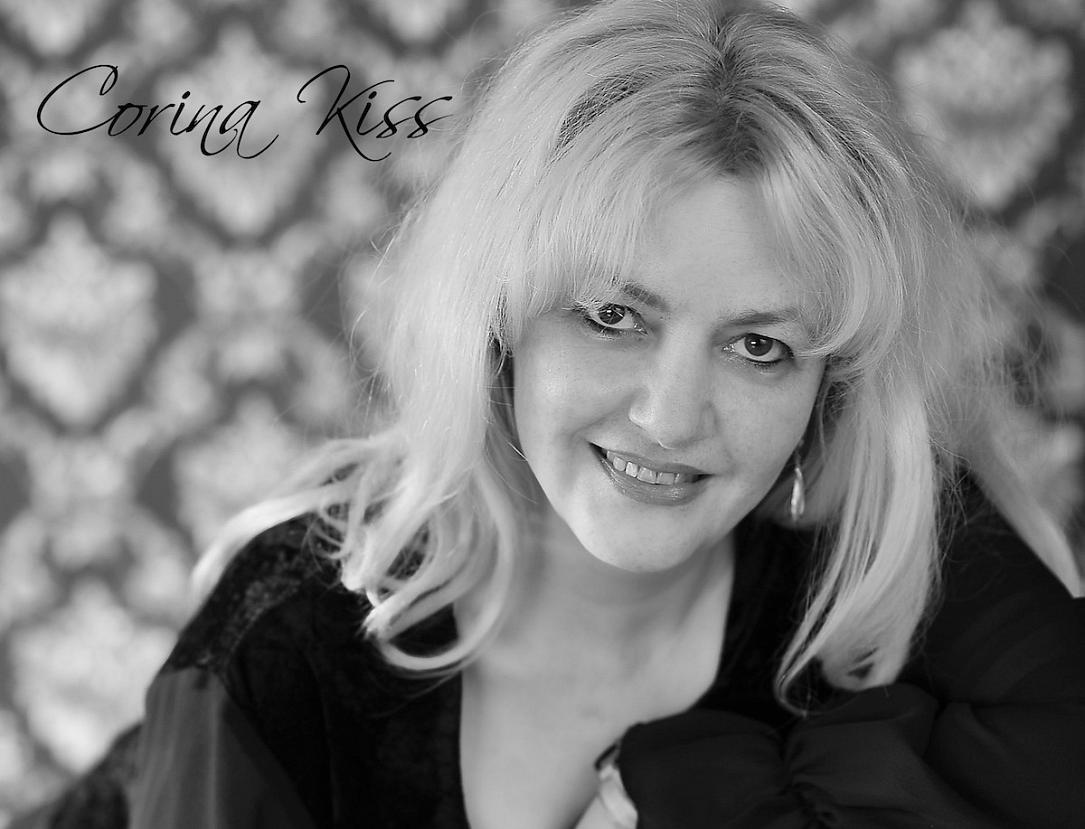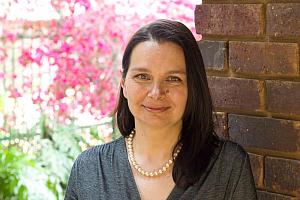Romanians abroad: An interview with pianist and composer Corina Ungureanu-Kiss

Born in Romania, Corina Ungureanu-Kiss discovered the magic of playing the piano at a very young age. She then continued exploring the world of music, dedicating her life to this special form of art. She currently lives in Germany but is spreading the beauty of classical music around the world through concerts and compositions.
Corina Ungureanu-Kiss dedicated her entire life to classical music. She spent many years studying piano, composition, music theory and music history before becoming a top pianist and sharing her immense love for music with the world through concerts and compositions. Today, she is considered one of the charismatic pianists of her generation.
She currently lives and works in Germany as a piano professor, but her concert activity has taken her to stages in many countries in Europe and the US. Plus, her musical talent has been rewarded with numerous prizes in both piano and composition competitions, such as the "Romanian Works Competition" in Bucharest, "Hariclea Darclée" in Pitești, "Reinhold Glière" in Germany, or the Composition Contest in Siegburg.
"Piano music is absolutely fascinating because the piano is the "king of instruments," giving you all the colours of music you need to express yourself. So, for an artist, there is no such thing as a place being more emotional than others, there is a magical/emotional atmosphere everywhere," Corina Ungureanu-Kiss told Romania-insider.com.
In the interview below, Corina Kiss talks about her life as an international musician, her love for music and her plans.
Please tell us a bit about your background.
I was born into a solemn and disciplined family, and I attended the music school in Brasov, my hometown. In fact, I started learning piano at the age of 3 with my father, who also played the clarinet in the orchestra, later graduating from the "George Enescu" High School of Music in Bucharest and the University of Music in Bucharest, followed by a doctorate in "Stylistics of Piano Performance."
Please tell us a bit about your life in Romania and what determined your move to Germany.
I was the youngest pianist of all time at the "Oleg Danovski" Ballet Theatre in Constanta, which in the 80s was the only one of its kind in Romania. It was an honour to be a part of this theatre, not everyone could keep up with the requirements at this elite level. Unfortunately, after the death of Master Oleg Danovski, this institution closed. So I returned to Brasov, also as a pianist at the ballet section of the Brasov Opera.
My departure to Germany happened in the mid-1990s, following a destiny called marriage. I am now an international pianist and live in Germany.
You have an impressive musical career, both on and off stage - you are an international pianist and composer. How do the two combine?
An artist cannot perform a musical composition without knowing details about the composer, like the era he lived in or the context in which he wrote that piece. That is why an artist, be it an instrumentalist or an opera singer, must first know the text and its meaning. All this, such as the history of music, the polyphony of music, the analysis of the score and the text, are intertwined. This is how music becomes not only a passion but also intellectual musical research.
Therefore, in addition to performing, I wanted to express myself musically through modern-contemporary compositions.
What inspires you? What is music to you?
I must first say that writing music on paper is not only about inspiration but also about "perspiration." Despite what people think, not everyone can compose and write it in detail. Music means not only a notation on paper but also an inner vibration that must be expressed by exploiting the musical harmonies, consonant or dissonant, as suggestive and qualitative as possible.
Where did you give recitals, and what was your most special/exciting concert so far?
I held recitals and chamber concerts in many places in Europe, such as Germany, Austria, Luxembourg, Italy, and Spain, but also in America - Chicago, St. Louis, Carbondale, Caroline.
Piano music is absolutely fascinating because the piano is the "king of instruments," giving you all the colours of music you need to express yourself. So, for an artist, there is no such thing as a place being more emotional than others, there is a magical/emotional atmosphere everywhere.
As a musician, how would you define success?
Simple: success is not a goal but a result of long and hard work. My radio and television recordings bear witness.
How has the COVID-19 pandemic impacted your career? In this context, can you tell us a few words about the importance of live concerts held in front of an audience?
I didn't perceive it as an "impact" but as an excellent period to study on piano beautiful pieces of contemporary Romanian composers such as Violeta Dinescu, Dora Cojocaru, Nicolae Coman and lesser-known composers such as German composer Friedrich Kiel or Polish composer/pianist Maria Syzmanowska, and to compose music. So in 2020, I released a piano score titled "Unusual Harmonies and Dissonances" in Munich, in which the last two pieces are dedicated to honouring 90 years since the birth of the Romanian composer Myriam Marbe and the folklore choreographer Ioan Corneliu Vasiliu. The score can also be found at the "George Enescu" University of Music in Iasi and the Academy of Music in Cluj-Napoca.
Artists need moments of peace and a break from concerts to gather their inner strength and emotions. The artistic act cannot be produced permanently, like a machine, because the music must be understood and transmitted with emotion to the public!
Do you have any tips for those who want to pursue a career in music?
Unfortunately, in the past 20-30 years, we’ve been living in a semi-cultural and global environment, where anyone who has graduated from a music school (*which are many, too many) believe they also have artistic quality! The artistic "blanket" has been transformed into industries producing instrumentalists, singers and teachers, it no longer has the "bourgeoisie" and elegance of another time when I was trained and learned.
And here I will quote the musicologist Viorel Cosma: at the moment, "we are far, far away from what we once were. We are covered up in false models, the model of the man who succeeds easily, who manages and knows how to make money."
What are your plans, what's next? Do you have concerts scheduled? Are you planning a recital in Romania as well?
My plans are unchanged: I go on accepting international invitations to various festivals and renowned piano concert halls such as the Bechstein Hall, Bösendorfer or Steinway in Germany, Austria and even Australia. In Romania, I've so far been invited to the Aula of the Academy of Music in Cluj-Napoca. But due to the uncertain international situation, I do not know when I will honour these invitations from everywhere.
Note from the editor: the original interview was in Romanian.
irina.marica@romania-insider.com
(Photo source: courtesy of Corina Ungureanu-Kiss)













